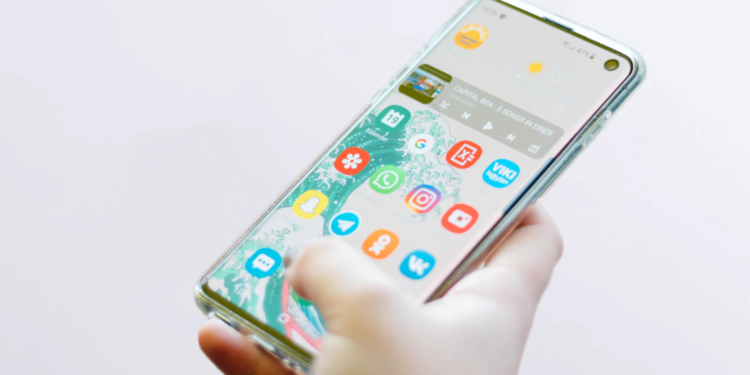Whether it’s WhatsApp or iMessage, today’s messaging apps provide a cheap and easy way to keep in touch with friends and family.
But not all messaging apps are created equal. Some are known for their stringent privacy standards while others leave an awful lot to be desired.
One key way to tell the difference is whether the messaging app in question features end-to-end encryption (E2EE). What many users don’t know is that without this type of encryption, messaging apps store copies of your private conversations on their servers.
If requested by law enforcement agencies or governmental organizations with legal jurisdiction, these messages can be handed over and viewed, even if you’ve previously deleted the conversations.
Yikes.
Luckily, there are more secure and private options available than the Facebook messengers of the world. Here, we go over the 5 most secure messaging apps in 2020 and a few tips on keeping your business on the internet exactly as it belongs — your business alone.
The 5 Most Secure Messaging Apps
1. Signal
In 2016 a subpoena from the United States government proved Signal’s dedication to privacy. Instead of finding anything pertinent, the state was left with very little to peruse when it found that Signal’s servers contained scant information; only the date of account creation and a user’s most recent connection to a server were stored.
Additionally, Signal’s end-to-end messaging service is entirely open source, meaning it withstood the scrutiny of the most ardent privacy and security experts. To connect, you will need a phone number, which some users may not like.
2. Jabber
One thing to love about Jabber is that it’s one of the only messaging services you can set up 100 percent anonymously. No phone number or personally identifiable information is needed. Plus, the company is heavily invested in its privacy and security protocols.
On the downside though, Jabber’s mobile apps require some finessing still, and because its use is not widespread, you’ll likely have to convince your friends to Jabber with you on Jabber instead of WhatsApp.
And on that note…
3. WhatsApp
A popular option because of its end-to-end encryption, WhatsApp is also widely used with 1.5 billion active monthly users, making it easy to connect with your friends. But cracks are beginning to show in WhatsApp’s apparent security and privacy.
Plus for many commentators, the very fact that Facebook Inc. owns the messaging service is enough to turn them off for life.
4. Viber
With around 250 million active monthly users, Viber is an option most of your friends and family members will be happy to get behind. The service included texts, calls, group chats, and a self-destructing message option.
Just bear in mind that you will need a phone number to sign up, and Vibers end-to-end encryption only covers one on one conversations, not group chats.
5. iMessage
Apple’s native iPhone messaging app is actually surprisingly private and secure, possibly because the CEO, Tim Cook, has always been a dedicated privacy supporter. The obvious drawback with iMessage is that you’ll be chatting with your fellow iPhone friends while the Android crowd is left in the dark.
And to benefit from iMessage’s end-to-end encryption properly, you should avoid storing your conversations in iCloud. You can turn this off in settings.
Extra Security and Privacy Tips
You’ve got the private and secure messaging app, now take a few extra steps:
- Get VPN encryption: One of the best ways to keep your online activities secured and private is by downloading a VPN app. Virtual Private Networks create a private browsing network, as the name suggests. And in the process, these security tools encrypt all of your data transmissions.
- Sign out of your chat accounts: Eh, we get it, it’s a hassle to sign in and out of accounts these days, right? Perhaps, but it is worth it when it comes to keeping your conversations private. Try setting up biometric log-ins to make the process faster.
- Use strong passwords: Stick to digital best practices when it comes to passwords and avoid stuff like qwerty, 12345, and 111222.


